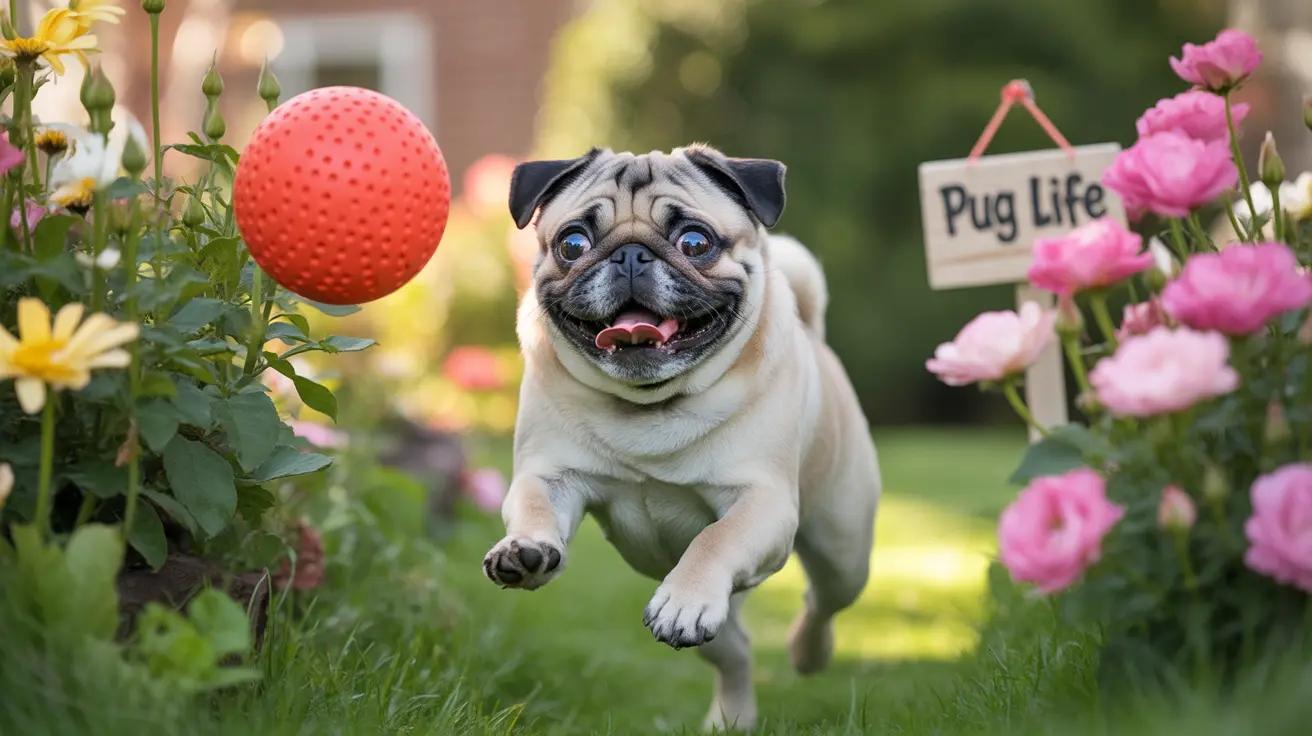If you've ever heard your dog make unusual snorting sounds, you're not alone. Dog snorting is a common behavior that can range from harmless communication to a sign of underlying health issues. Understanding why your dog is snorting and when to be concerned is crucial for every pet owner's peace of mind.
In this comprehensive guide, we'll explore the various reasons behind dog snorting, help you identify when it's normal versus concerning, and provide practical solutions to address this behavior.
Common Causes of Dog Snorting
Normal Behavioral Snorting
Dogs often snort as a form of communication or response to their environment. This type of snorting is usually harmless and can occur during play, excitement, or when seeking attention. Some breeds, particularly brachycephalic (flat-faced) dogs like Pugs and Bulldogs, are more prone to snorting due to their unique facial structure.
Medical Causes of Snorting
Sometimes, snorting can indicate an underlying health issue that requires attention. Common medical causes include:
- Upper respiratory infections
- Nasal irritants or foreign objects
- Allergies
- Dental problems affecting the sinuses
- Anatomical issues like elongated soft palates
Understanding Reverse Sneezing
Reverse sneezing is a common phenomenon that often alarms dog owners but is usually harmless. It occurs when a dog rapidly pulls air through their nose, creating a snorting sound. This reaction typically happens when something irritates the soft palate, causing a temporary spasm.
Most reverse sneezing episodes resolve on their own within a minute. You can help your dog by gently massaging their throat or briefly covering their nostrils, which often helps end the episode more quickly.
When to Be Concerned About Dog Snorting
Warning Signs
While occasional snorting is normal, certain symptoms warrant veterinary attention:
- Frequent or prolonged snorting episodes
- Difficulty breathing
- Nasal discharge or bleeding
- Loss of appetite or energy
- Accompanying cough or gagging
Breed-Specific Considerations
Some breeds are more susceptible to respiratory issues that cause snorting. Flat-faced breeds may require special attention and regular veterinary check-ups to monitor their breathing health.
Prevention and Management
To minimize problematic snorting, consider these preventive measures:
- Maintain a clean living environment to reduce allergens
- Keep your dog at a healthy weight
- Regular veterinary check-ups
- Proper dental care
- Avoid pulling on the leash during walks
Frequently Asked Questions
Why is my dog snorting and should I be worried about it?
Occasional snorting is usually normal and can be triggered by excitement, play, or minor irritants. However, if snorting becomes frequent, is accompanied by other symptoms, or interferes with normal breathing, consult your veterinarian.
What causes reverse sneezing in dogs and how can I help my dog during an episode?
Reverse sneezing is typically caused by irritation of the soft palate and is usually harmless. During an episode, gently massage your dog's throat or briefly cover their nostrils to help them regulate their breathing.
Can allergies make my dog snort and what symptoms should I look for?
Yes, allergies can cause snorting along with symptoms like watery eyes, itching, and nasal discharge. If you suspect allergies, watch for seasonal patterns and consult your vet for proper diagnosis and treatment.
How can I tell if my dog's snorting is due to a respiratory infection or something more serious?
Respiratory infections usually come with additional symptoms like coughing, fever, nasal discharge, and reduced energy. If these symptoms appear alongside snorting, seek veterinary care.
Are certain dog breeds more prone to snorting and why do some dogs snort while playing or excited?
Yes, brachycephalic breeds like Pugs, Bulldogs, and Boston Terriers are more prone to snorting due to their facial structure. Dogs may also snort during play or excitement as a form of communication or due to increased respiratory effort.
Conclusion
While dog snorting can be concerning for pet owners, understanding its various causes helps determine when it's normal and when to seek veterinary care. By staying attentive to your dog's normal breathing patterns and being aware of warning signs, you can ensure your pet's respiratory health remains optimal.






